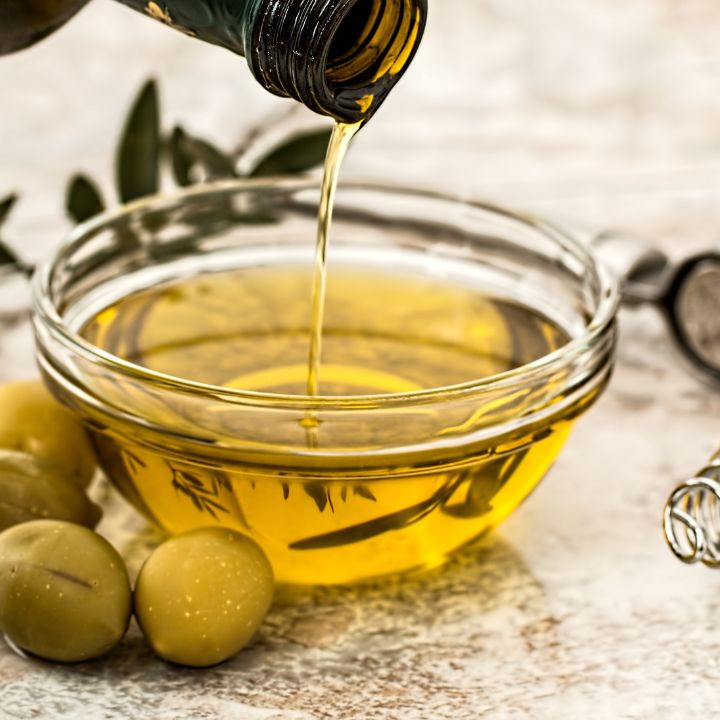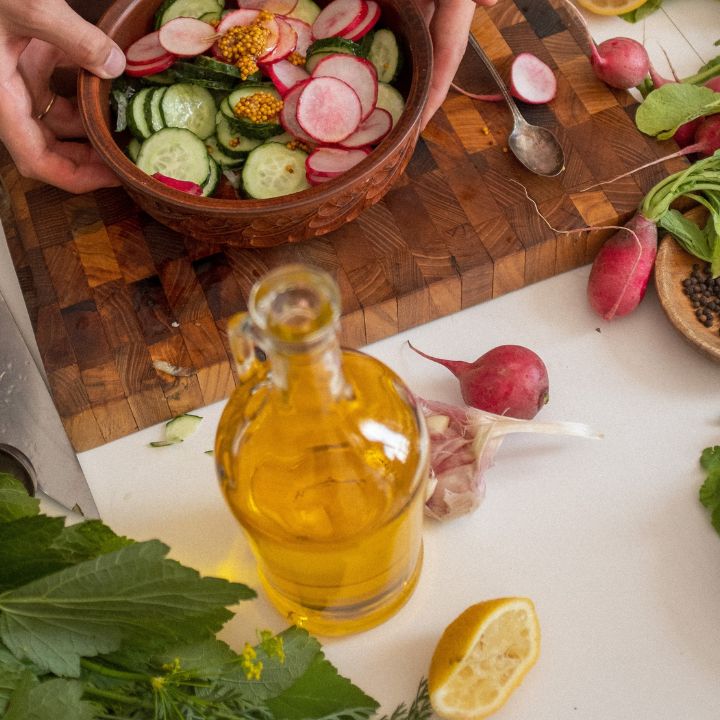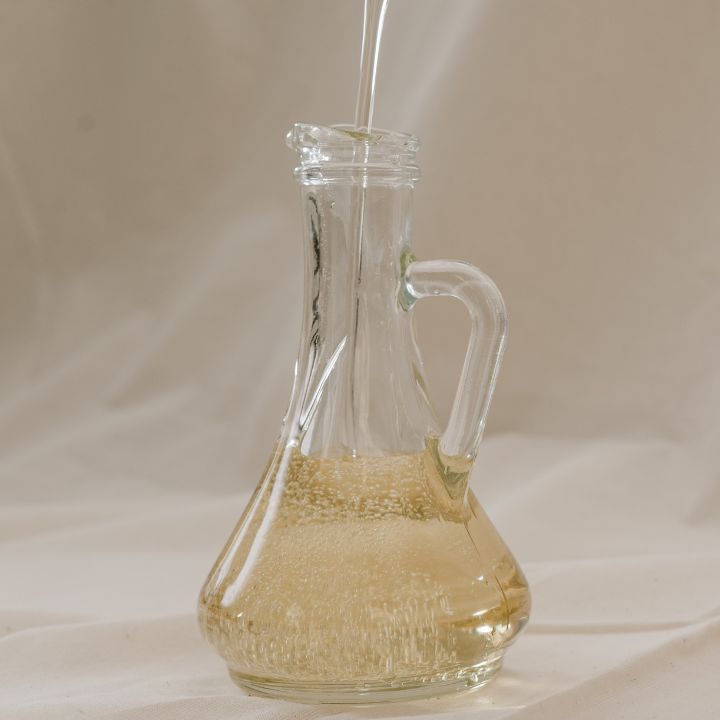Olive oil has been an essential component of the Mediterranean diet for centuries and is widely regarded as one of the healthiest fats. Olive oil is a rich source of monounsaturated fatty acids, which have been linked to several health benefits, including reduced inflammation, improved heart health, and a lower risk of chronic diseases such as cancer, diabetes, and Alzheimer’s.



Health Benefits
Reduced Inflammation
The polyphenols in olive oil have been shown to have anti-inflammatory properties, which can help reduce inflammation in the body. Chronic inflammation has been linked to several chronic diseases, including heart disease, diabetes, and cancer.
Heart Health
Olive oil is rich in monounsaturated fatty acids, which have been linked to improved heart health. Monounsaturated fats can help lower LDL cholesterol (the “bad” cholesterol) and reduce the risk of heart disease.
Low Risk of Chronic Disease
The antioxidants in olive oil have been shown to have anti-cancer properties, and studies have linked olive oil consumption to a reduced risk of certain cancers, including breast cancer and colon cancer. Additionally, olive oil has been shown to improve insulin sensitivity, which can help reduce the risk of type 2 diabetes.
Improved Brain Function
The polyphenols in olive oil have been shown to have neuroprotective properties, which can help improve brain function and reduce the risk of neurodegenerative diseases such as Alzheimer’s.
Baking with Olive Oil
When it comes to baking, olive oil is a versatile ingredient that can be used in a variety of recipes, from bread and cakes to savory baked dishes. Here are some of the ways that olive oil is used in baking:
Butter Substitute
Olive oil can be used as a healthier alternative to butter or margarine in baking recipes. Olive oil is lower in saturated fat and higher in monounsaturated fat than butter or margarine, making it a better choice for heart health. When substituting olive oil for butter or margarine in a recipe, use a 3:4 ratio (3 tablespoons of olive oil for every 4 tablespoons of butter or margarine).
Adding Moisture
Olive oil can be used to add moisture to baked goods, such as cakes and quick bread. The oil’s high-fat content helps keep baked goods moist and tender, even after baking. However, it’s important to note that olive oil has a distinct flavor that can affect the taste of baked goods, so it may not be suitable for all recipes.
Flavor
Olive oil has a rich, fruity flavor that can add depth and complexity to baked goods. When using olive oil in baking, choose a high-quality extra virgin olive oil for the best flavor. Extra virgin olive oil has a more pronounced flavor than other types of olive oil and is rich in antioxidants.
Savory
Olive oil is a staple in savory Mediterranean dishes, and it can be used to add flavor and healthy fats to baked dishes such as quiches, frittatas, and casseroles. When using olive oil in savory baked dishes, choose a robust or medium-bodied oil that can stand up to the other flavors in the dish.
olive oil is a healthy and versatile ingredient that can be used in a variety of baking recipes. Olive oil’s high concentration of monounsaturated fatty acids, antioxidants, and anti-inflammatory compounds make it a valuable addition to a healthy diet.

